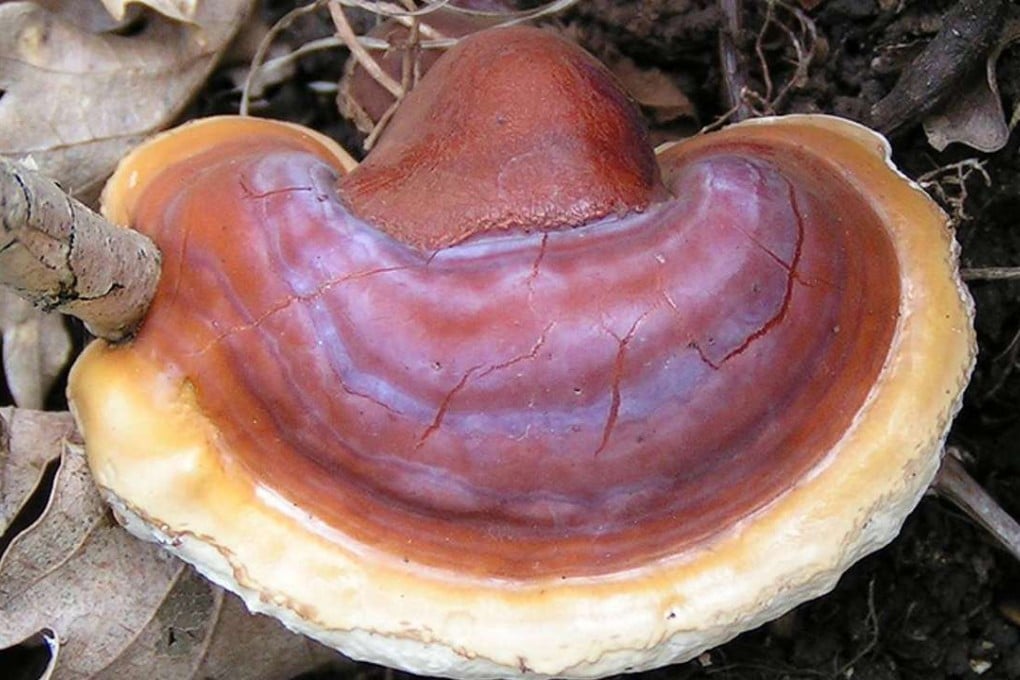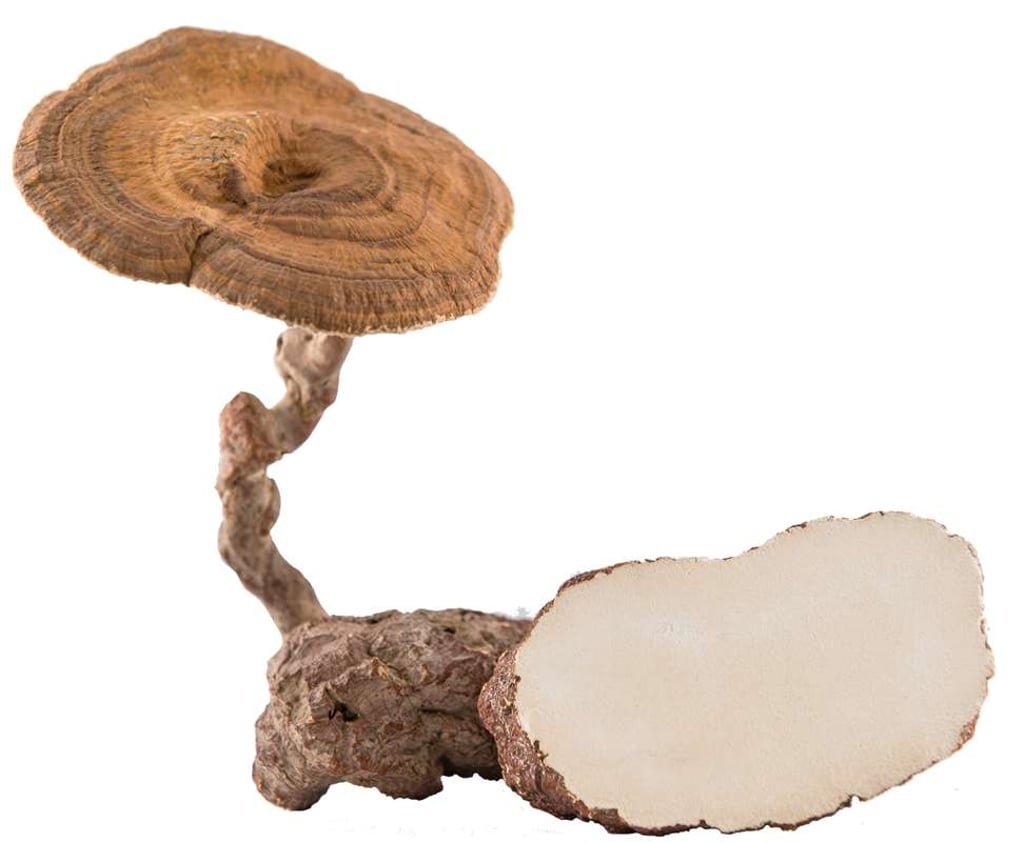Why eating mushrooms is good for your brain – they may ward off effects of Alzheimer’s disease
Studies show mushrooms can adjust the body’s immune response and boost brain cells, but Hong Kong experts warn some contain toxins; seven varieties to add to your diet for better health

Cases of dementia, Alzheimer’s and other neurodegenerative diseases are projected to hit 42 million by 2020, according to the World Health Organisation. Scientists are researching alternative treatments through nutraceuticals, including mushrooms.
Mushrooms and their extracts appear able to tweak the body’s immune response and a number of edible mushrooms contain rare and exotic compounds that positively affect brain cells.
In the study “Edible and Medicinal Mushrooms: Emerging Brain Food for the Mitigation of Neurodegenerative Diseases”, Chia Wei Phan, Pamela David, and Vikineswary Sabaratnam from the University of Malaya, Kuala Lumpur, found encouraging signs as they collated mushroom research findings.
Denise Fair, a dietitian at Central Health Medical Practice in Hong Kong, admits there are potential benefits, but says most mushroom studies have been conducted on rats. “Also, these rats weren’t eating just mushrooms but were being fed mushroom extracts,” she says. “So the study shows that there is something positive going on that needs to be researched further and the potential is there, but we are a bit far from making any health claims at this point. But it is promising.”

Since mushrooms are naturally rich in purines, chemicals that the body converts into uric acid, they aren’t recommended for people with gout or kidney stones.